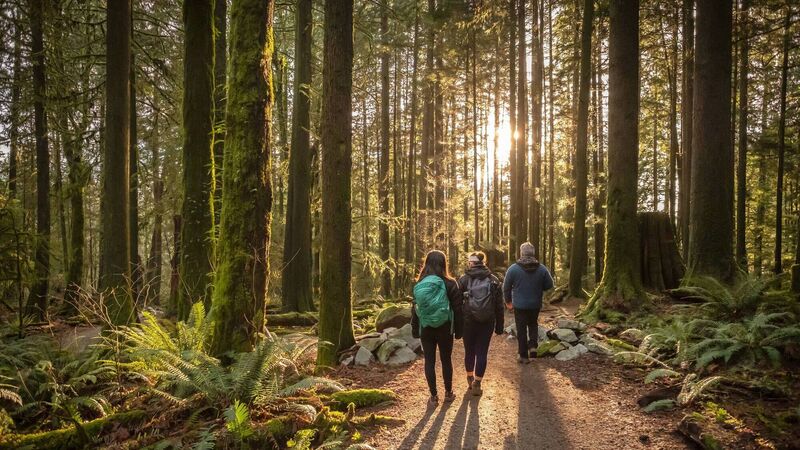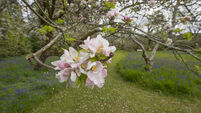How the pandemic can help our natural environment

More time to explore the outdoors during the pandemic has led to a keener public awareness of nature and the environment. Picture: iStock
Will we soon hear the skylark's song and the curlew's call in moorlands, where such sounds have been absent for years? Most people would stop short of supporting calls for the return of wolves, as some Greens suggested, to control the rampant deer population. And brown bears are unlikely to return to the Irish landscape.
Something has to be changing for the better, nevertheless, when nature lovers are happy with a government. Such people are usually negative because of the dire performances of previous governments.










